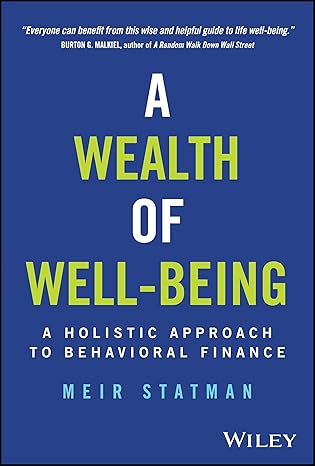Aviva study reveals critical knowledge gap about UK pensions
New research from Aviva reveals a concerning gap between perceived and actual knowledge around pensions in the UK, reinforcing the need for greater financial literacy and support. Addressing these areas will help bridge the knowledge gap and ensure that more people are prepared for a financially secure retirement. The survey of more than 2000 UK adults uncovered widespread confusion about the basics of pension planning. While more than half (53%) claim to be knowledgeable about pensions, only a third can...










